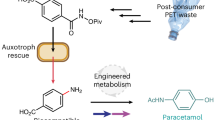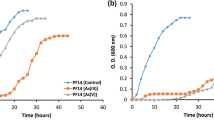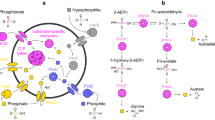Abstract
All known life requires phosphorus (P) in the form of inorganic phosphate (PO<sub>4</sub><sup>-</sup> or P<sub>i</sub>) and phosphate-containing organic molecules. P<sub>i</sub> serves as the backbone of the nucleic acids that constitute genetic material and as the major repository of chemical energy for metabolism in polyphosphate bonds. Arsenic (As) lies directly below P on the periodic table and so the two elements share many chemical properties, although their chemistries are sufficiently dissimilar that As cannot directly replace P in modern biochemistry. Arsenic is toxic precisely because As and P are similar enough that organisms attempt this substitution. We hypothesize that ancient biochemical systems, analogous to but distinct from those known today, could have utilized arsenate in the equivalent biological role of phosphate. Organisms utilizing such "weird life" biochemical pathways may have supported a "shadow biosphere" at the time of the origin and early evolution of life on Earth or on other planets. Such organisms may even persist on Earth today, undetected, in unusual niches.
Similar content being viewed by others
Article PDF
Author information
Authors and Affiliations
Corresponding author
Rights and permissions
About this article
Cite this article
Wolfe-Simon, F., Davies, P. & Anbar, A. Did nature also choose arsenic?. Nat Prec (2008). https://doi.org/10.1038/npre.2008.1482.1
Received:
Accepted:
Published:
DOI: https://doi.org/10.1038/npre.2008.1482.1



